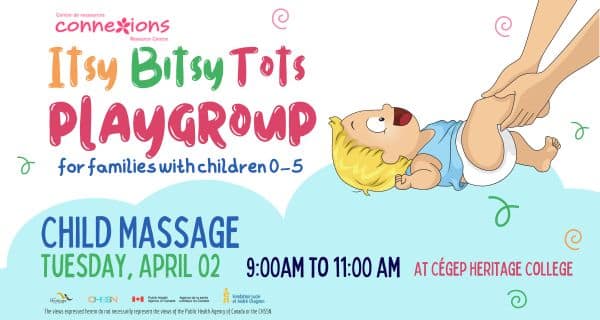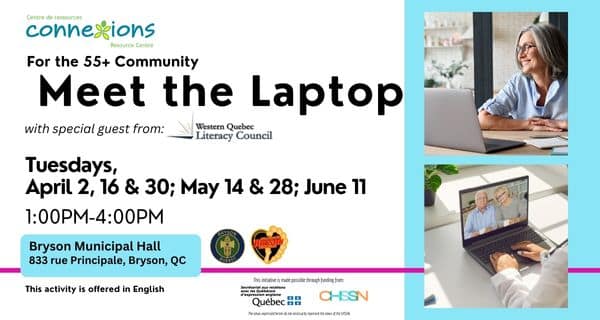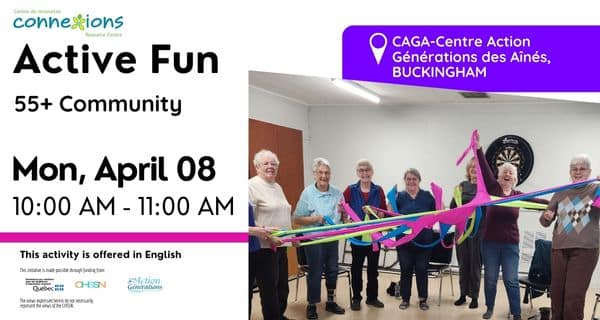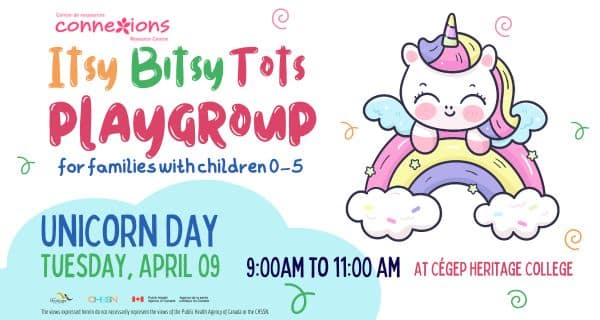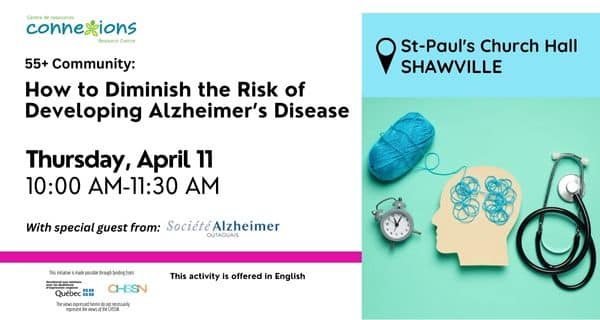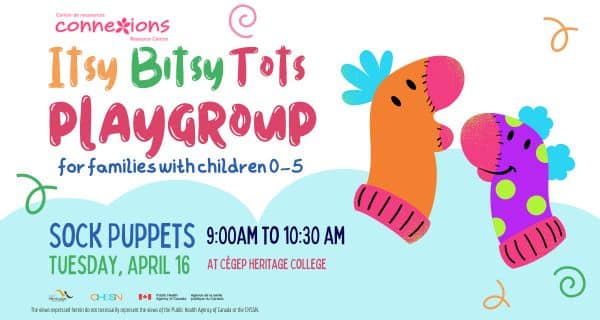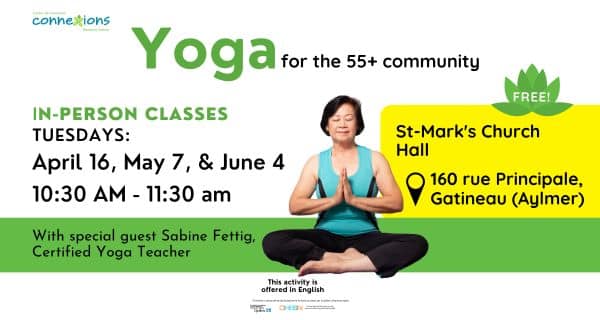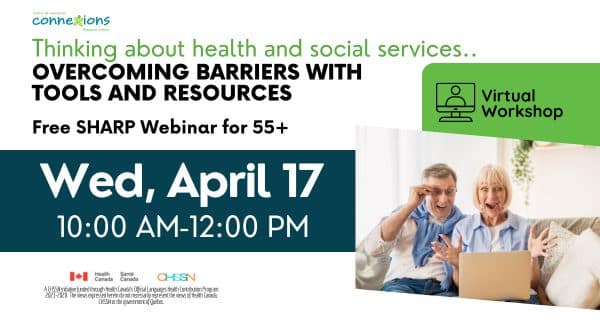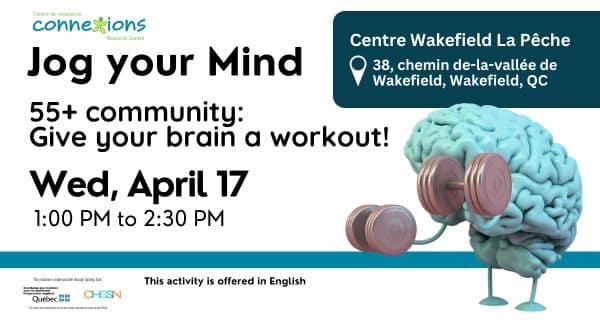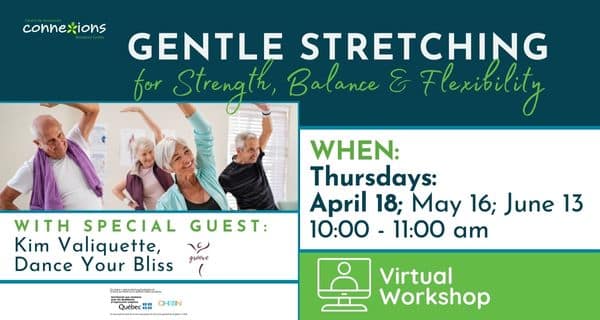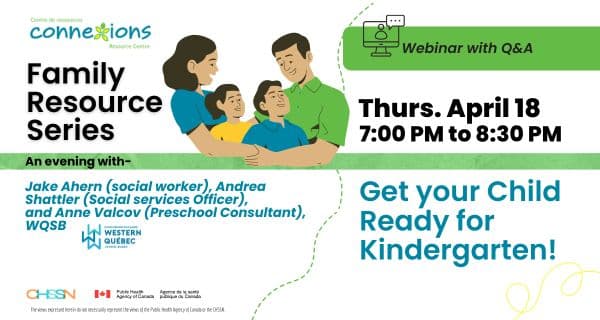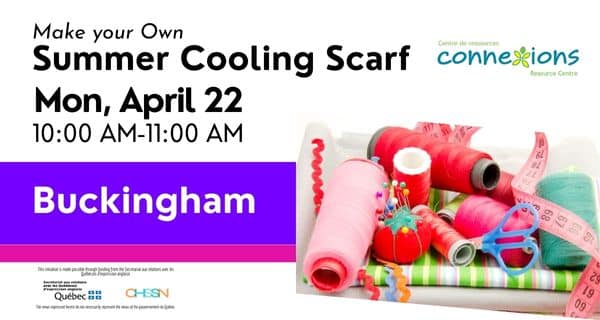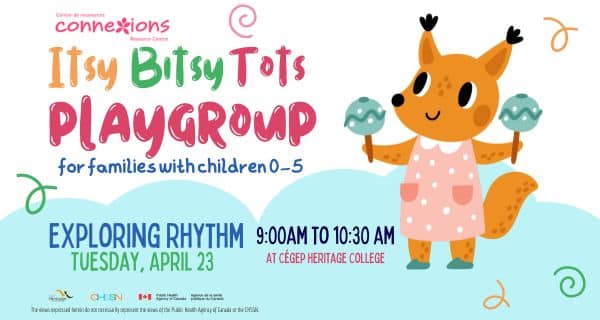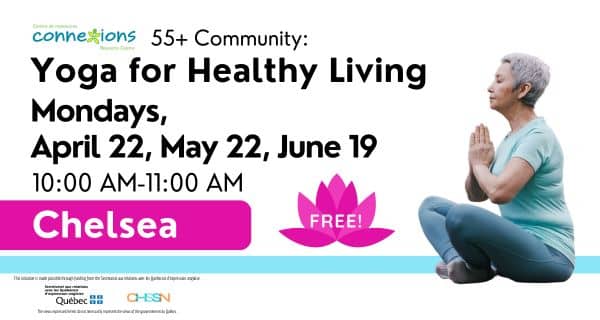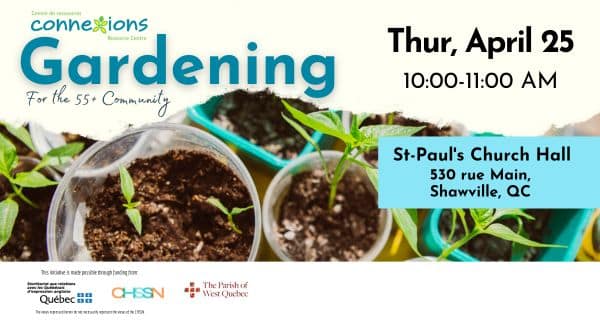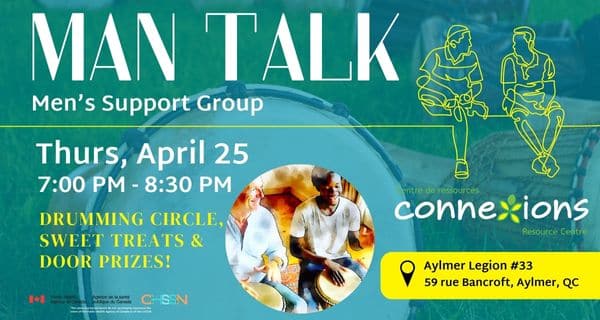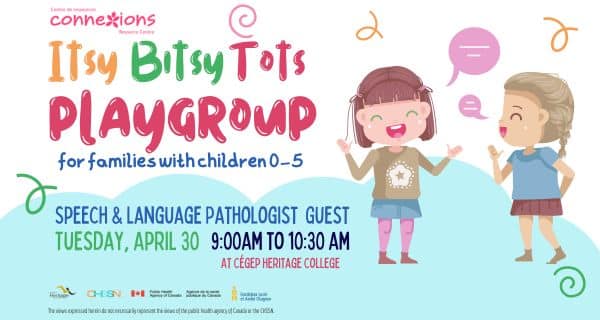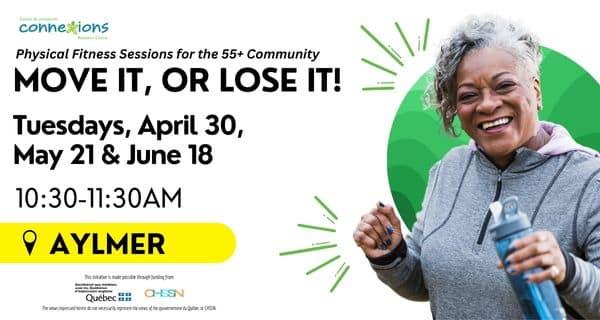87% of teenagers think their parents are credible sources of information about illegal drugs (Health Canada study)?
As a parent, you can make a big difference as you are your child’s best defense against drug use.
Here are some things to know and to make your teen is aware of:
Quick Article Navigation: Opioids Overdose Tips for Parents Where to Get Help in the Outaouais
Opioids
- Opioids are a family of drugs that have morphine-like effects such as slow heart rate, sighing, shallow breathing, extreme drowsiness, or feeling like you might pass out. There are prescription opioids and illegally produced opioids. Opioids include drugs like heroin, morphine, fentanyl, methadone and codeine.
- All opioids (prescription and non-prescription) have a risk of overdose.
Prescription Opioids
- Teens often think that prescription drugs are less harmful than street drugs because they are prescribed by a doctor.
- Teens might also think that getting prescription drugs is easier than getting illegal drugs. The use of prescription drugs by youth often involves obtaining these drugs from a friend, a relative or from home.
- Psychoactive pharmaceuticals are the third most commonly-abused substances, after alcohol and marijuana, among Canadian youth.
- Prescription opioids can be just as dangerous as illegal opioid drugs such as heroin.
- Street drugs can also look like prescription medication (ex. Percocet or Oxycodone). Never take prescription drugs that have not been provided by physician or pharmacist.
Fentanyl and Analogues
- Fentanyl is an opioid that is much more toxic than most other opioids. Fentanyl is usually prescribed in a patch form as a painkiller. It is around 50 to 100 times more toxic than morphine. This makes the risk of accidental overdose much higher.
- Potent and dangerous illegal fentanyl is turning up in many different drugs, often where youth don’t expect to find it. It can be found in party drugs like cocaine and ecstasy /MDMA. These drugs are illegally produced, and there is no way to know what is in it.
- Fentanyl has already been found as a powder and mixed with other drugs like heroin and cocaine. Fentanyl is also being pressed into pills and sold as things like ‘oxycodone’ (oxycontin, oxys, eighties) or other pills including speed and ecstasy/MDMA.
- Another illegal drug, Carfentanil, is even more toxic than illicit fentanyl and is circulating in Canada. It is most often cut into other drugs, like heroin or cocaine.
- Fentanyl is odourless and tasteless, and therefore hard to detect. Overdoses have occurred where individuals were not aware they were consuming fentanyl.
Naloxone
- Naloxone is a medication that can temporarily reverse the effects of an opioid overdose. As well, Naloxone can be easily administered by someone with minimal training, which is why more and more public health professionals have been calling for easier access to the drug. It works by counteracting opioid’s depression of the central nervous system which, in an overdose situation, can slow or stop a person’s breathing. Naloxone wears off within 30 to 90 minutes, so it is important to seek further medical attention.
- Naloxone Kits Now Available for Free at Pharmacies or Public Health Units.
Overdose
An overdose is a medical emergency. If you suspect or witness an overdose, call 9-1-1, even if naloxone has been administered.
Being able to quickly recognize the signs and symptoms of an overdose and having a naloxone kit available can save a life while waiting for paramedics to arrive.
- Learn how to prevent, recognize and respond to an overdose. Anyone who uses drugs can be at risk for overdose.
- An overdose from opioids, such as Fentanyl, will have one or more of the following signs or symptoms:
- Person is unresponsive or doesn’t wake up easily;
- Body is limp;
- Breathing is slow or not present;
- Lips and nails are blue;
- Skin is cold and clammy;
- Person is choking or throwing up;
- Person is making snoring or gurgling sounds;
- Pupils are tiny.
Tips for parents
Prevent opioid use
- Keep medication in a secure place, such as a locked box or cabinet.
- Keep track of your prescription drugs by counting the pills in each package.
- Avoid sharing your medication with family or friends, even if they have been prescribed the same drug before.
- Return any unused or expired medications to your pharmacy or to a take-back program.
- Keep track of your refills at the pharmacy. Make sure there are none that you did not fill yourself.
- If your child has an injury or pain issue, like wisdom teeth removal speak to your doctor, dentist or pharmacist about the risks of different pain medications, monitor their usage, and take back unused medication to the pharmacy.
- Talk to your teen about opioids.
Signs of opioid use
Watch for changes in your teens behavior and attitudes, including:
- Sudden change in mood or attitude;
- Sudden decline in attendance or performance at school;
- Sudden resistance to discipline at home or school;
- Increased borrowing of money from parents or friends;
- Heightened secrecy about actions or possessions.
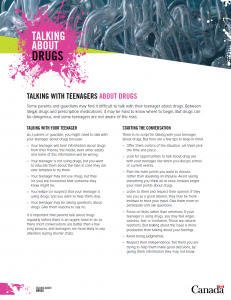
Tips on talking to your youth about drugs:
As a parent, you may find it difficult to talk to your child about drugs. Here are some tips to help you have the conversation:
- Respect that your child is an expert in their own culture. Invite them to teach you about their world. Praise positive behaviour, and show interest your teen’s life. This will help to make you more approachable when they are running into difficult times and need someone to talk to.
- Remain informed. You can use an external reference like social media, a newspaper article or TV show about drugs to start a conversation with your teen.
- Ask about what concerns, worries or questions that they have about ‘what is happening’. Ask questions, then listen. The best way to talk to youth about drug use is to listen to them.
- Ask them to teach you more about fentanyl and other drugs they know about. Invite them to tell you what they’re hearing, seeing or have learned.
- Ask your teen about the kinds of concerns and cautions youth are sharing with other youth about drugs and safety. Ask them about what steps youth been taking to keep each other safe.
- Ask them what it is like to be talking to you about this.
- Speak from your heart. Focus on your heartfelt concerns for their safety and a deep regard for their wellness.
- Emphasize your deep caring, commitment to understand. Instead of ‘setting them straight.’
- Be open, supportive and involved.
For more information, on how to talk to teens about drugs: Talking with Teenagers About Drugs and Drug Awareness – Parents (with pictures of different Paraphernalia).
Source: We would like to thank Parenting in Ottawa for allowing us to republish much of the above information from their article “Youth and Opioids: What Parents Need to Know.”
Where to Get Help in the Outaouais
Tel-Aide Outaouais
Crisis help-line, available 24/7.
819-775-3223
1-800-567-9699
Tel-jeunes
A free, confidential resource for young people throughout Quebec, available 24/7. You can call, text, or send a question online to receive help from a professional counsellor on any topic you may be struggling with (e.g. self-esteem, relationship questions, sexuality, school, etc.)
1-800-263-2266
Parent Helpline
1-800-361-5085
Confidential listening service, free advice, answers and professional support for parents of kids and teens (0-20), available 24/7.
Kids Help Phone
Call this free, confidential and anonymous helpline to speak with a professional counsellor.
1-800-668-6868
Centre d’intervention et de prévention en toxicomanie de l’Outaouais (CIPTO)
An addiction, support and prevention centre. The Website is in French, but services are bilingual.
819-770-7249
1-866-778-4372
Drugs: Help and Referral (DAR)
Provides support, information and referral to people coping with addiction throughout Québec.
1-800-265-2626


